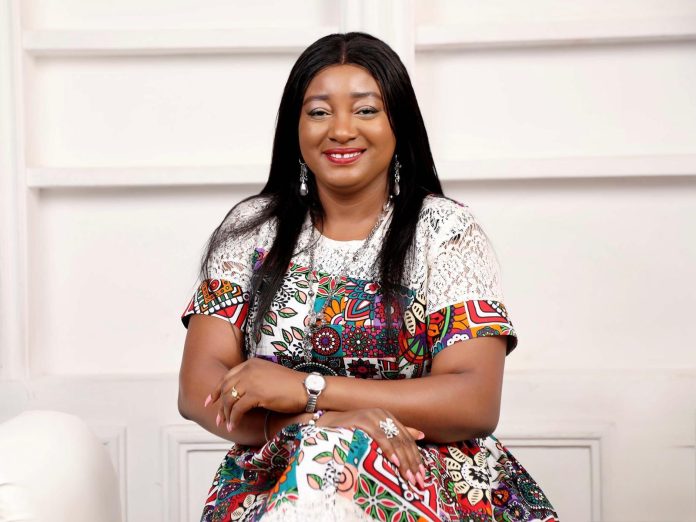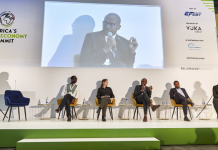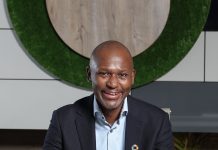In a nation where access to quality healthcare often depends on one’s location, income, or connections, Dr. Jennifer Heaven Mike-Oworodo stands as one of Nigeria’s most influential voices demanding fairness, equality, and accountability in health. A legal scholar and human rights advocate, her work bridges the worlds of law, medicine, and social justice — reminding the nation that health is not a privilege but a human right.
Dr. Jennifer wears many hats: she is the Hampton and Esther Boswell Distinguished University Professor of Women’s, Gender, and Sexuality Studies at DePauw University and an Assistant Professor of Law at the American University of Nigeria. She is also the Principal of Jennifer Heaven Mike & Associates Law Firm and a member of several professional associations, including the Nigerian Bar Association, Boston Bar Association and American Bar Associations. Her extensive research and advocacy center on reforming healthcare systems, promoting health justice, and closing the gaps between law and public health.
For Dr. Jennifer Mike health justice in Nigeria begins with fairness. “It means ensuring that every person, regardless of class, gender, ethnicity, or background, can receive the care they need to live a dignified life,” she explains. True justice, she insists, extends beyond treating diseases, it requires transforming the systems that determine who gets care and who does not.
But achieving this vision, she acknowledges, is fraught with challenges. The first barrier lies within the law itself: Nigeria’s constitution recognizes the right to health but does not make it enforceable. “Citizens cannot go to court to demand their health entitlements,” she notes. This lack of legal accountability leaves millions without recourse when the system fails them.
The second challenge is institutional weakness, underfunded hospitals, poorly managed resources, and overburdened medical professionals. “Doctors and nurses work under intense strain, while patients bear the brunt of inefficiency and neglect,” she says. Added to this are the inequalities that divide Nigeria’s health landscape: urban centers thrive while rural communities languish with under-equipped clinics and minimal support.
Dr. Jenifer also highlights governance and corruption as critical obstacles. Mismanagement and politicization of health budgets, she argues, not only drain public confidence but also fuel the exodus of skilled professionals abroad. “Health justice requires clean governance and effective oversight that prioritize people’s well-being over personal or political gains.”
Her advocacy extends deeply into reproductive justice, from access to assisted reproductive technologies to regulating surrogacy and protecting reproductive rights. She believes that women’s health must be viewed through an intersectional lens. “A poor woman in a rural area faces different barriers than an educated man in a city,” she explains. Intersectionality, in her view, compels policymakers to design inclusive systems that hear and respond to marginalized voices.
So, what must Nigeria do? Dr. Mike-Oworodo’s prescription is clear: make the right to health legally enforceable, fund and manage healthcare transparently, adopt gender-sensitive policies, and involve communities in shaping their health futures.
For her, health justice is not simply a policy aspiration but a moral duty. “Every life deserves respect, care, and protection,” she insists. And until Nigeria treats healthcare as an instrument of justice — not charity, the vision of a truly healthy nation will remain just out of reach.
In recognition of her groundbreaking scholarship, the Human Rights Institute (HRI) of the National Human Rights Commission recently announced that Dr. Mike-Oworodo’s research project “Operationalizing Reproductive Health Rights in Nigeria: A Multi-dimensional Framework for Addressing the Policy-Practice Divide” has approved for presentation at its national conference scheduled for 19 and 20 November 2025 This acknowledgment underscores her continuing leadership in shaping the national and global dialogue on health law, rights, and justice in Nigeria.






